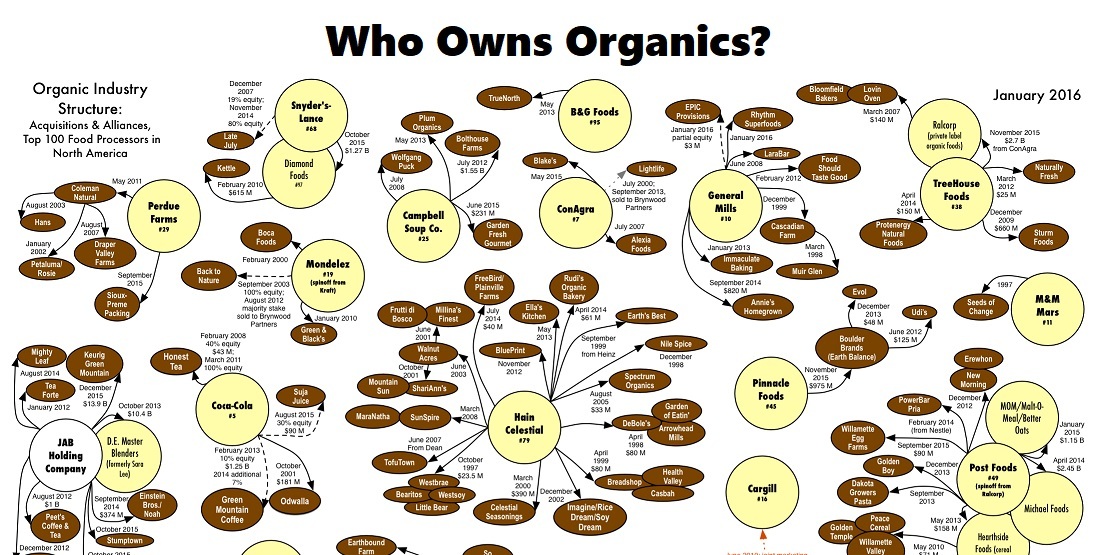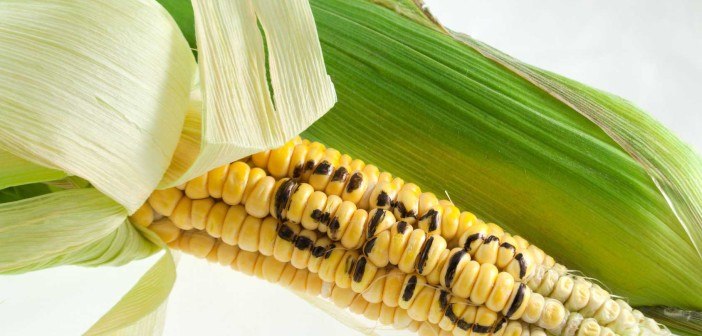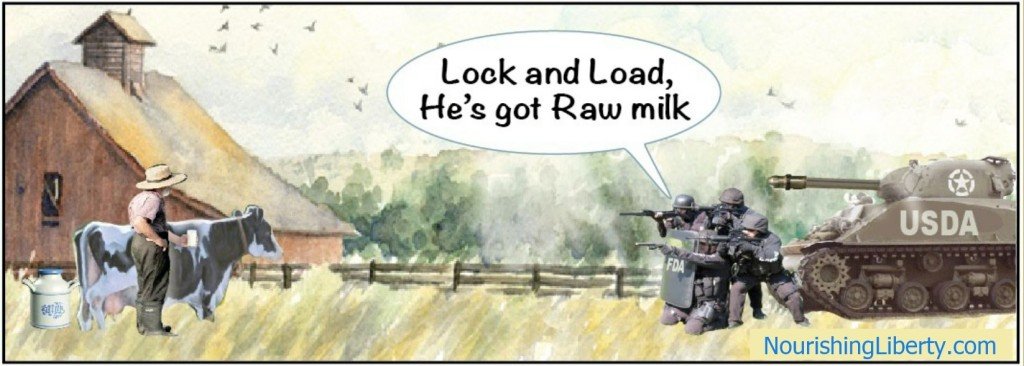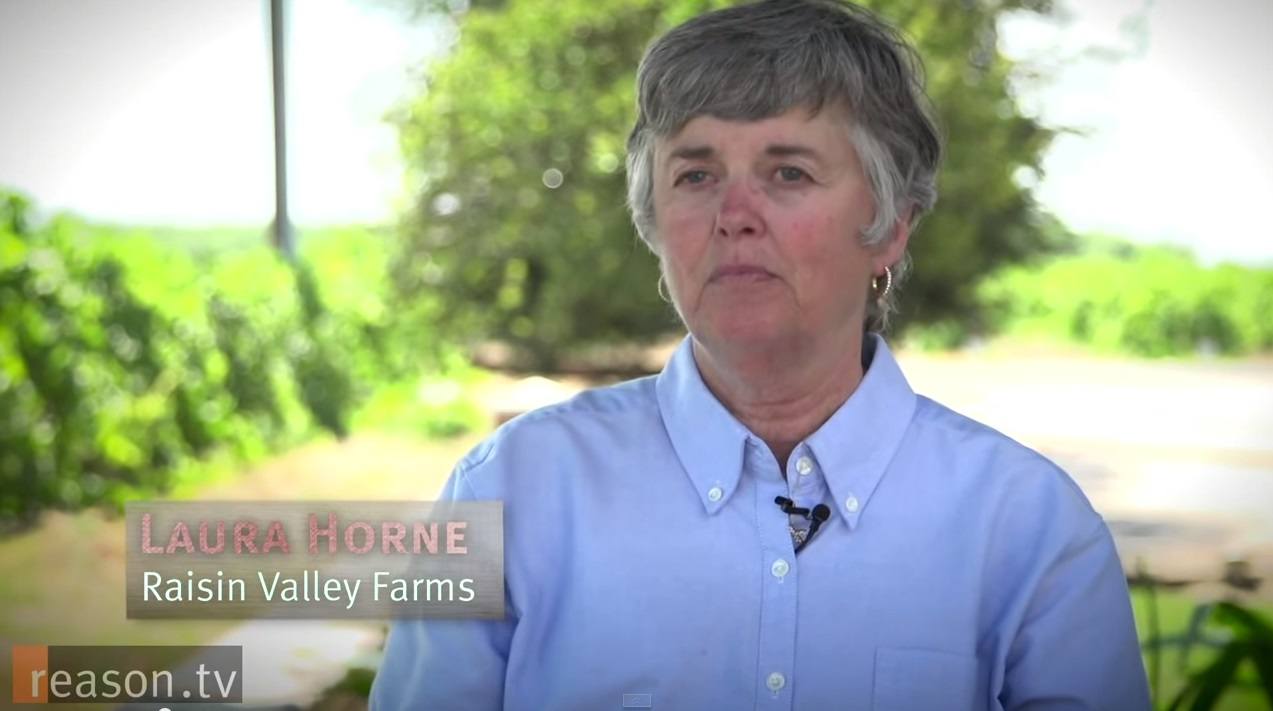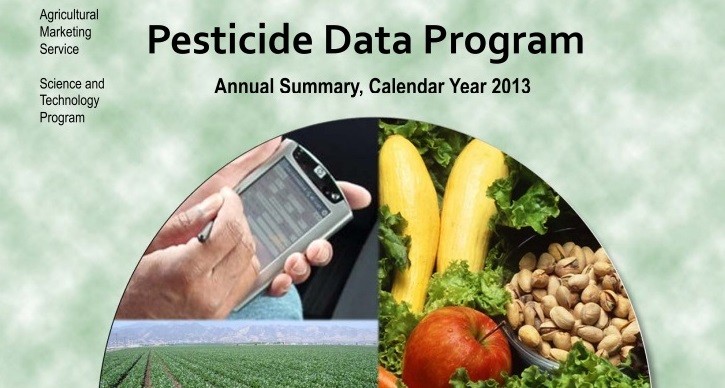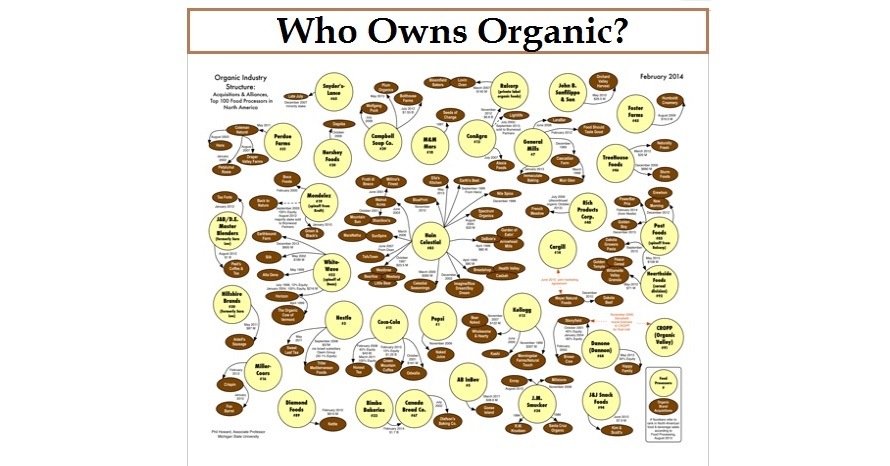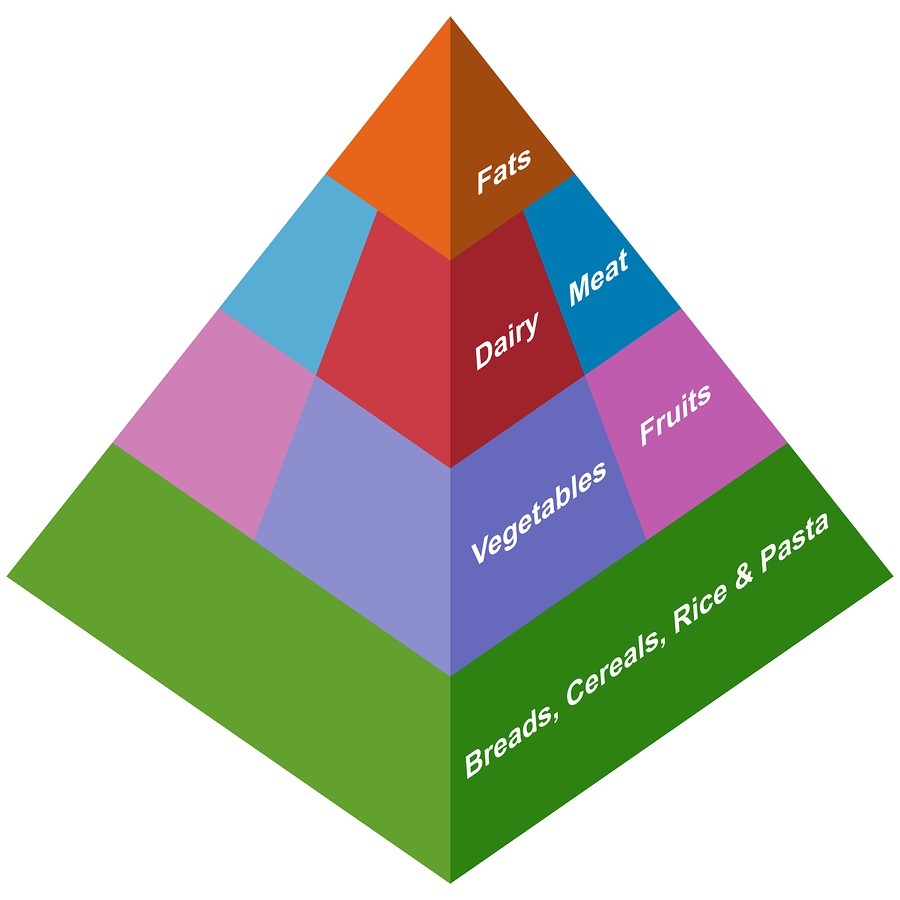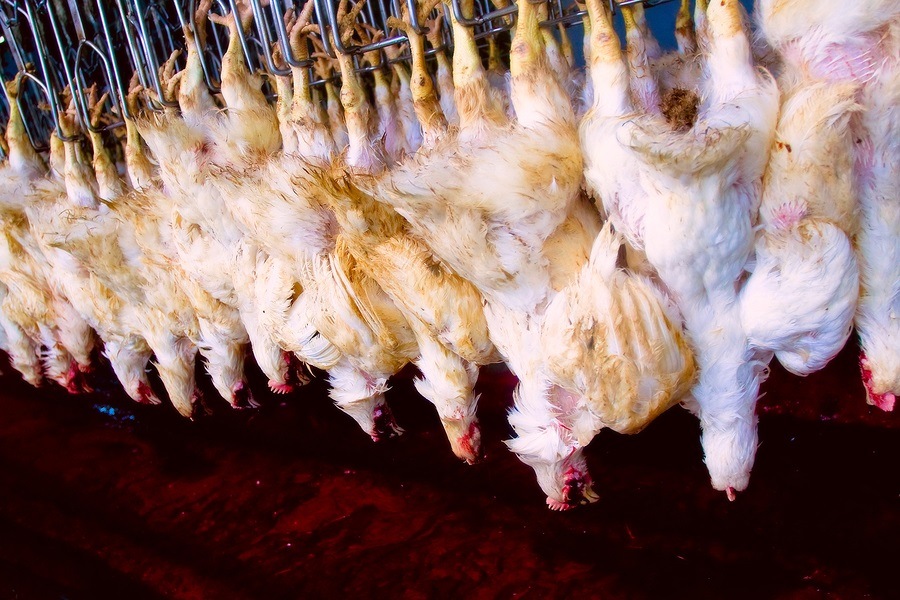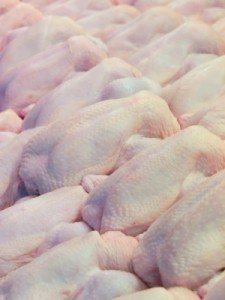When commercialized in the 1980s, the organic dairy movement was viewed by many farmers as opting out of a rapacious agricultural marketing system that had already driven the majority of dairy farm families off the land over the preceding two decades.
Now, a quarter century later, history is repeating itself with giant “factory farms” flooding the organic dairy market with fraudulent “organic” milk and economically devastating family businesses and rural communities.
According to the latest USDA records, organic milk production jumped 18.5% in 2016 alone, far eclipsing the growth in market demand.
As a result, wholesale purchasers of raw organic milk have cut prices to farmers by 25-30% or more. In addition, some buyers have set quotas, mandating production cuts, further impacting cash flow.
The largest organic dairy name brand, Horizon, owned by Groupe Danone of France, is terminating contracts with some farmers, at a time when there are no alternative markets available. Industry experts have called the moves by the world’s largest dairy a “death warrant” for farmers.
With the glut of organic milk, and the USDA abdicating their legally-mandated oversight responsibilities, authentic organic farmers and their customers are poised to band together to take their fight to the dairy coolers of the nation’s groceries and specialty retailers.




